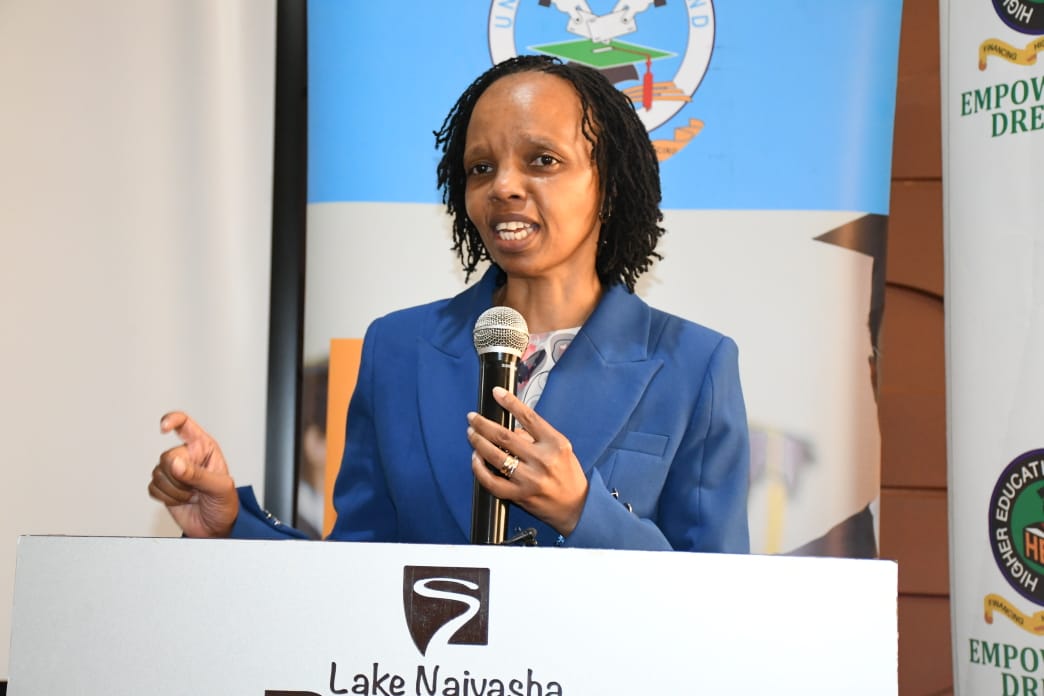Accountants raise concern over mounting IFMIS risks

Integrated Financial Management System (IFMIS) has glaring weaknesses that operators exploit to siphon money from public coffers, a new report shows.
IFMIS is an Oracle-based Enterprise Resource Planning system aimed at enhancing accountability and transparency at both the national and county levels of government.
Top on the list are internal control weaknesses which allow IFMIS operators to manipulate the system and engage in fraudulent activities such as raising multiples imprests and awarding themselves government tenders.
According to the Institute of Certified Public Accountants of Kenya (ICPAK) report, it is even possible to misappropriate government funds using the default code 0000000000000.
“There is an issue with fraud. IFMIS operators are awarding tenders to themselves and not delivering on the work,” reads the report in part.
The system, according to the report, allows individuals to raise two imprests at the same time even when the first one has not been surrendered, creating room for fraud.
Additionally, it lacks a system calendar to track travel history of individuals resulting in double payments without the system detecting.
Rates of per diem to staff are not pre-defined on the system which results in either overpayment or underpayment.
“Some employees are defined more than once in the system which can result in misappropriation of funds,” says the report.
Other than internal control weaknesses, IFMIS also has human resource, technological, political and data protection challenges.
A 2020 study by ICPAK found that while all the 47 counties had adopted the system, only half of them were proficient in its use.
Existing hardware
With the existing hardware and software, most of the counties cannot handle revenue collection using IFMIS.
Other modules such as the direct procurement module are yet to be developed, the report says.
“There has been resistance from users, perceived sabotage and deliberate disregard of control mechanisms during implementation,” it adds.
There are also fears that the automated system could be profiling people hence there is need to provide other avenues for human intervention to guard against this.
To strengthen the system, ICPAK recommends a raft of measures including doing away with the default code, enhancement of systematic controls to curb abuse and corruption relating to imprests, and standardisation of ICT infrastructure among others.
Wangari Muikia, an economic consultant, said while it would be impractical to replace the system in its entirety, the weak areas can be strengthened so that IFMIS works more effectively.
She said she was aware that Treasury was in the process of reviewing the Standard Chart of Accounts, a system that allocates a code for every transaction on IFMIS, so that it is more effective at curbing misuse.












